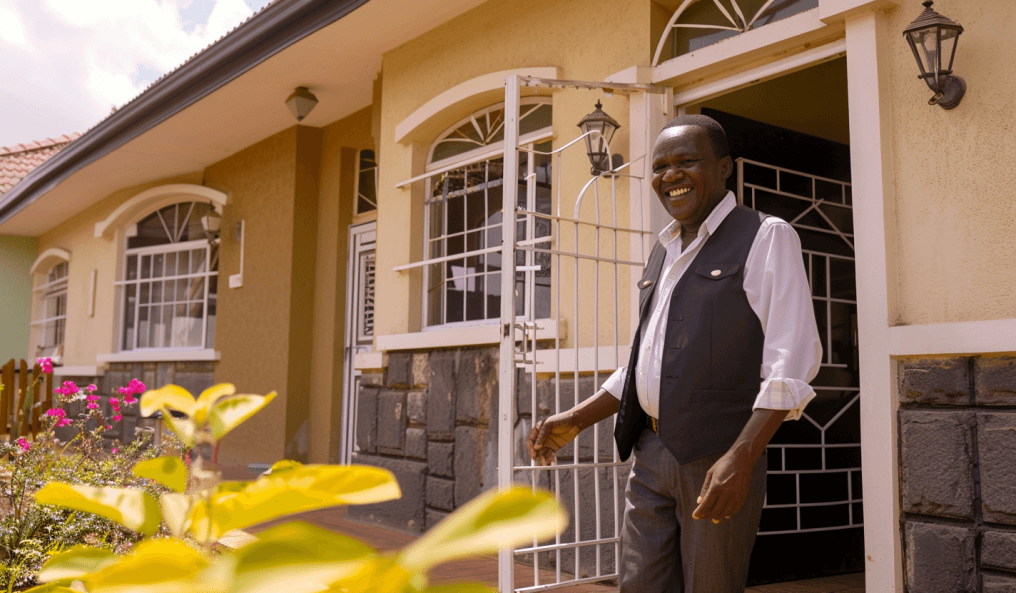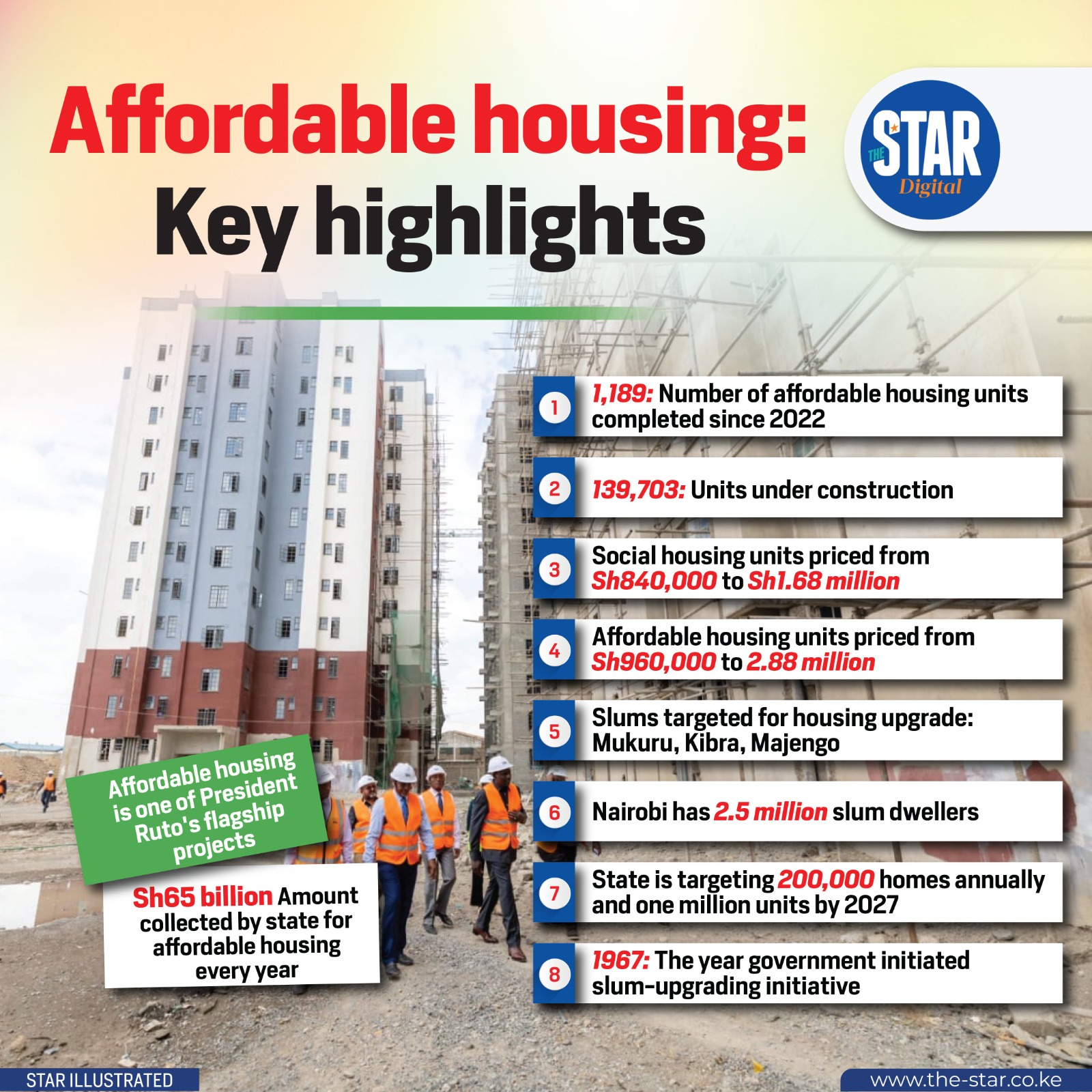The short-term rental (STR) market, popularized by platforms like Airbnb, Booking.com, and Vrbo, has become a significant segment of Kenya's hospitality and real estate landscape. For property owners, it offers the potential for higher returns compared to traditional long-term leases. This 2025 guide provides insights for current and aspiring STR hosts in Kenya.
1. Current State of the STR Market in Kenya (2025)
Overview of demand drivers (tourism, business travel, local getaways, events). Popular locations for STRs (Nairobi suburbs like Kilimani, Westlands, Kileleshwa; coastal towns like Diani, Watamu, Malindi; Naivasha, Nanyuki). Impact of recent economic trends and travel patterns.
2. Regulations and Licensing for Short-Term Rentals
Understanding the evolving regulatory framework:
- Tourism Regulatory Authority (TRA) Licensing: Requirements for hosts to register and obtain licenses. Standards for health, safety, and security.
- County Government Regulations: Any specific permits or levies imposed by county governments.
- Homeowners Association (HOA)/Estate Rules: Restrictions or guidelines for STRs within gated communities or apartment complexes.
- Tax Obligations: Income tax on rental earnings, potential VAT implications.
3. Setting Up Your STR: Furnishing and Amenities
Creating an appealing and comfortable space for guests. Essential furnishings, kitchen equipment, linens, toiletries. Importance of reliable Wi-Fi, smart TV/entertainment options. Safety features (smoke detectors, fire extinguishers, first-aid kit).
4. Pricing Strategies for Optimal Occupancy and Revenue
Dynamic pricing vs. fixed rates. Factors influencing pricing: location, property size/type, amenities, seasonality, local events, day of the week. Using platform tools and market data for competitive pricing. Strategies for minimum night stays and discounts for longer bookings.
5. Effective Listing and Marketing
Creating compelling listings on platforms like Airbnb: high-quality photos, detailed descriptions, accurate amenity lists. Utilizing platform marketing tools. Potential for direct bookings through social media or a personal website.
6. Guest Management and Communication
Importance of prompt and professional communication from inquiry to post-stay. Check-in/check-out procedures (self-check-in vs. in-person). Providing local information and tips. Handling guest issues and complaints effectively. The role of guest reviews.
7. Operations: Cleaning, Maintenance, and Restocking
Ensuring high standards of cleanliness between guests. Scheduling regular maintenance. Efficiently restocking supplies. Options for managing cleaning (DIY vs. hiring professional cleaners).
Conclusion
Running a successful short-term rental business in Kenya in 2025 requires more than just listing a property. It involves understanding the market, complying with regulations, strategic pricing, excellent guest service, and efficient operations. For hosts who get it right, the STR market offers a rewarding and flexible income opportunity.




